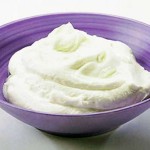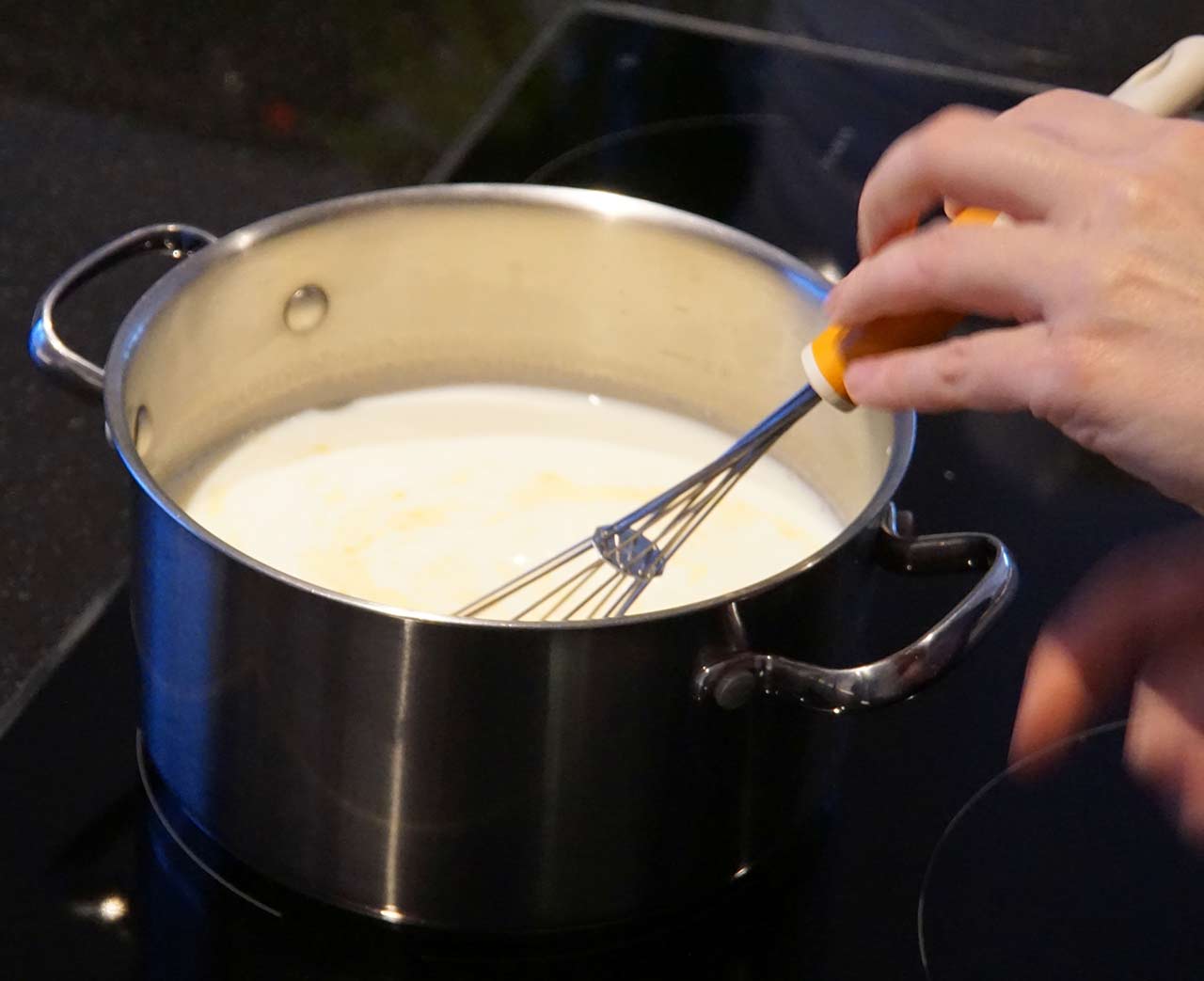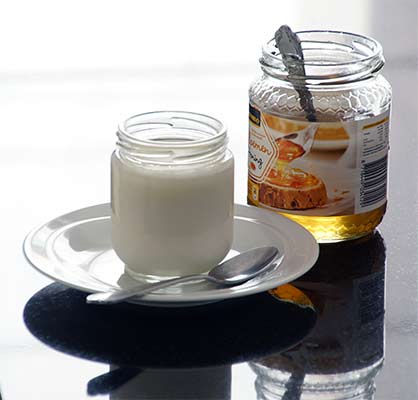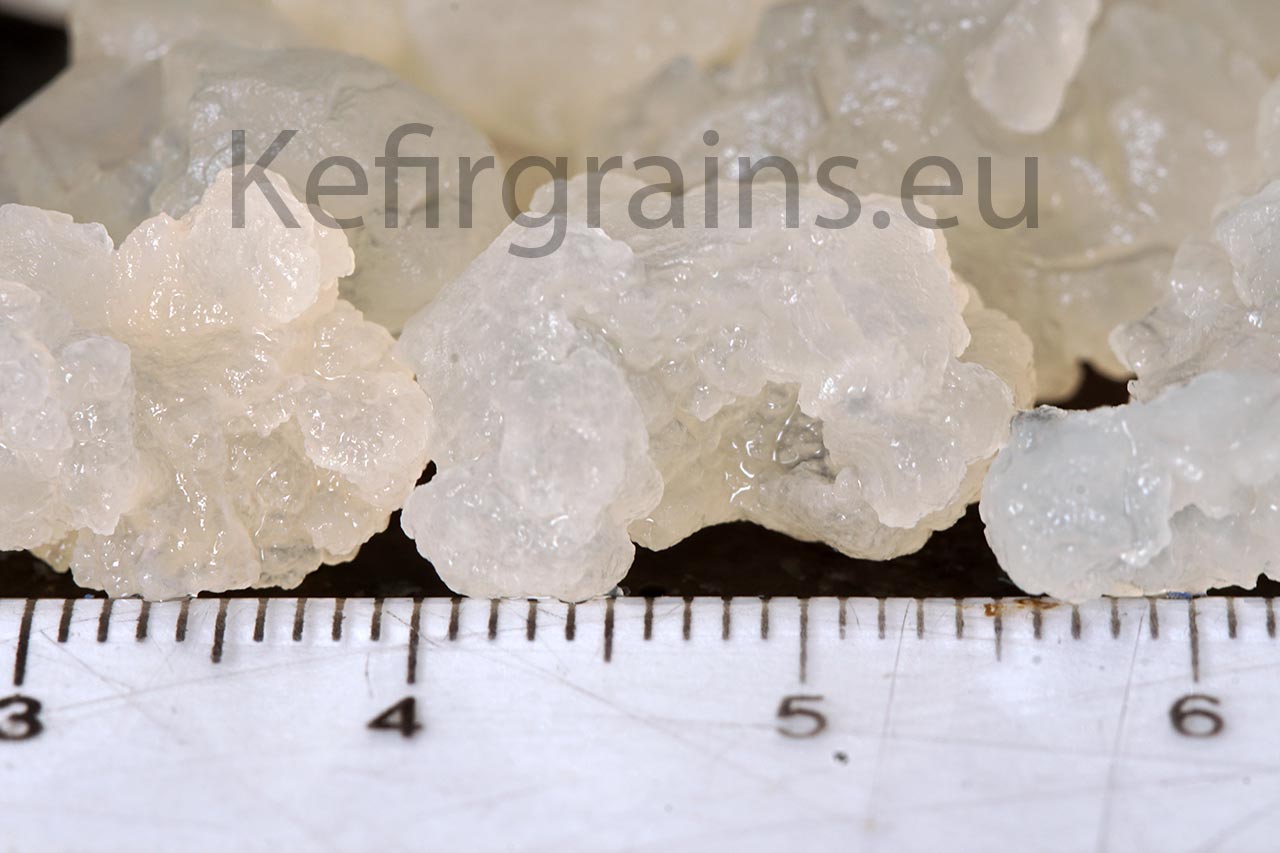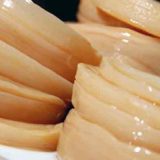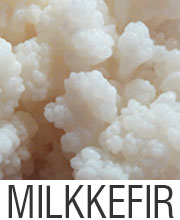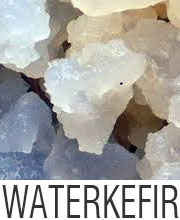What is Greek Yogurt?
How to make Greek Yogurt?
Homemade Greek Yogurt
Greek and regular yogurts are made from the same ingredients—milk and bacterial culture. Both use the same bacterial culture (Streptococcus Thermophilus and Lactobacillus Bulgaricus).
Greek yogurt serves as a satisfying treat post your challenging workout. It will not tide you over until the next meal, but its protein can repair the damage done by exercising. Not only is Greek yogurt low in fat, but here are the other benefits:
Vitamin B12, essential for energy and brain function, is found in Greek yogurt. Greek yogurt comes with probiotics. These probiotics are microorganisms like bacteria and yeast. They usually live in the intestines, and they contribute to gut health.
As we age, we need protein to keep the skin healthy and fight illness. Greek yogurt boosts the protein level, avoiding heavy food like meats.
Buy a Greek yogurt starter
Our organic Greek yogurt starter yields a light, thick yogurt with a lot of foam. It’s the kind of thing you’d expect to find as “Greek-style” yogurt in the store. We can make it at home without using sugar, additives, or preservatives, which is a wonderful aspect of our culture. This yogurt is thermophilic. To work with the culture, a yogurt maker is required.
At the Kefirshop.eu, you can buy a traditional Greek yogurt starter. Each pack contains a loose powder combination of the two strains needed to make the ultimate Greek yogurt — lactobacillus bulgaricus and streptococcus thermophilus — in exact proportions.
The Greek yogurt starter produces Greek yogurt that tastes like Bulgarian yogurt but is milder, less sour, creamier, and thicker. This starter will make Greek yogurt, which is thicker and less tangy than Bulgarian yogurt. Because this is an heirloom yogurt starter containing live active bacteria, you can reuse yogurt from your previous set to culture your new batch for as long as you like.
The starter uses lactic acid cultures derived from natural sources in ecologically conserved areas of Bulgaria. It is entirely natural and organic, with no preservatives, additives, artificial colors, or tastes. It includes no GMOs and is free of soy and gluten.
GREEK ORGANIC YOGHURT STARTER
Traditional Greek yogurt is created from goat’s milk that has been strained to remove any whey, resulting in a thick cultured milk product. Traditional Greek yogurt is not a cultural inheritance. It cannot be recultured indefinitely. Supermarkets produce many “Greek-style” items using cow’s milk and a thickening ingredient. Our organic Greek yogurt starting is an heirloom “Greek-style” yogurt starter that may be recultured multiple times. Lactobacillus bulgaricus and Streptococcus thermophilus are present in our culture.
